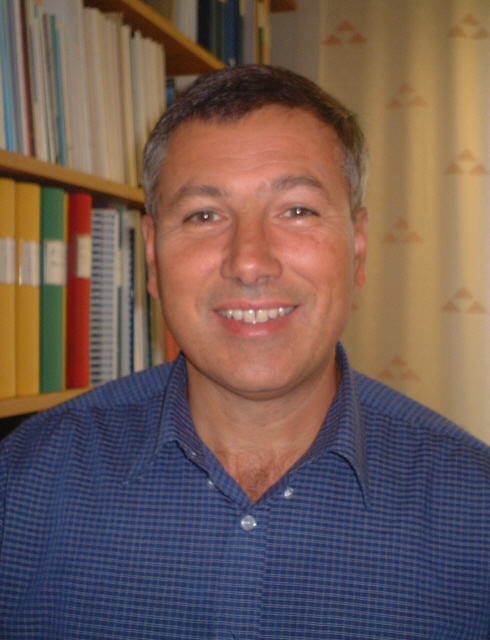China to make Bioethanol with help of LTH researchers
– Publicerad den 9 januari 2011

China’s cars are set to become cleaner by running on bioethanol. In China there is an abundance of straw from rice, wheat and maize, which the authorities have decided should be better utilised. However, there are currently no research facilities in the country to study how to make bioethanol, for example from straw. Therefore, China’s largest electricity provider State Grid is now going to build such a facility in Beijing through its daughter company State Grid Xin Yuan Company Ltd. To help with this work, the company has called in Guido Zacchi, world-leading expert on ethanol and professor of chemical engineering at Lund University.
State Grid will pay Guido Zacchi and his colleagues SEK 3.5 million for 18 months of research work. After that, China hopes to have sufficient knowledge to continue on its own. The company has already sent the researchers 100kg of straw on which they will soon begin conducting tests!
“As part of the agreement we will also help to start up their research facility. Like all other countries, China needs to reduce its dependence on oil and tackle its environmental problems”, says Guido Zacchi, who has received similar requests from the USA, Brazil, Italy, the Netherlands, Germany and other countries that are investing in bioethanol.
The Lund researchers’ skills are in such high demand abroad because of their systems mindset. They know how the whole, not just parts, of the raw materials can be used. They also study how the entire manufacturing process should be organised to be energy- and cost-efficient. China has a certain amount of traditional ethanol production from maize, but this will soon be banned, as it is considered to be in competition with domestic food production.
So far China does not have any test production of second-generation bioethanol, i.e. ethanol made from softwood, wheat straw, bagasse and other forestry and agricultural waste.
“It is more difficult to break down these plant parts than to extract sugar from sugar cane and maize”, explains Guido Zacchi.
He and his colleagues from the Faculty of Engineering have been conducting research on bioethanol for the past 25 years. The straw that is used at present is incinerated in one of China’s 25 biofuel-based power stations of 30MW each. The idea is that the straw will now generate two products: first, ethanol as a vehicle fuel, and then, of the remainder, electricity. The electricity generation is nonetheless expected to remain as high as before, because a higher level of remuneration for farmers is expected to lead to more farmers collecting more straw for their local power stations.
At the moment there is no commercial production of second-generation bioethanol; there are only pilot and demonstration plants. However, in just a few years, in around 2014, Guido Zacchi believes that the world’s first bioethanol plant will come into use. He guesses that it will be in the USA, Brazil – or China. Despite the cutting-edge Swedish research, Sweden, paradoxically, lags behind in testing industrial production, with a few exceptions.
According to Guido Zacchi, ethanol has received a bad reputation in Sweden, which causes companies and investors to get cold feet. However, there is good cooperation with companies such as SEKAB E-Technology and Taurus Energy, which develop industrial processes for ethanol production.
“Some people might think it is strange that Swedish research findings are exported in this way. However, we have to be involved where the strong forces are. It is also a way to help these countries with environmental issues. We also learn to deal with different raw materials”, explains Guido Zacchi.
Bioethanol is ethanol produced using environmentally friendly technology and made from renewable raw materials, as opposed to the ethanol that is made from oil. First generation bioethanol uses the sugar from sugar cane or maize or wheat starch. Second generation bioethanol is made from waste products rich in cellulose from forestry and agriculture. The latter, on which Guido Zacchi and his colleagues conduct research, is not yet in commercial production.
For more information, please contact Guido Zacchi, Professor of Chemical Engineering, tel. +46 46 22 28 297, +46 705 278297, Guido.Zacchi@chemeng.lth.se.
- Text: Kristina Lindgärde
